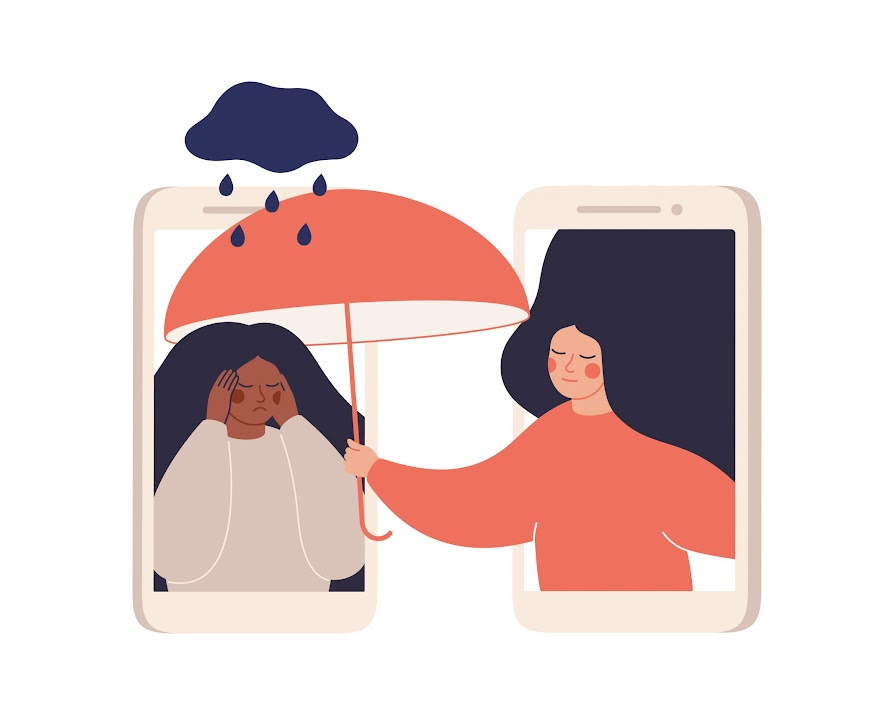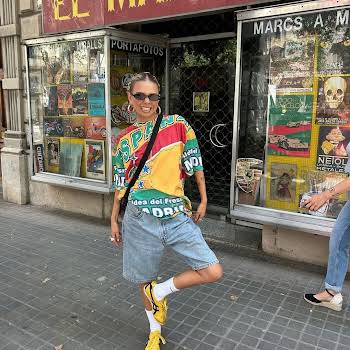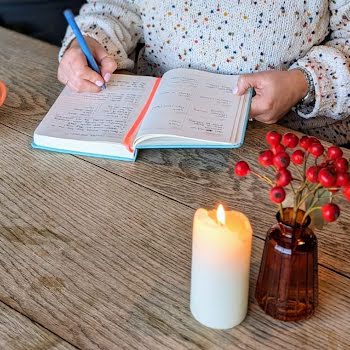‘If you love, you will eventually grieve’: How to comfort a friend who has experienced loss
By Lauren Heskin
10th Apr 2021
10th Apr 2021
For a country that is known for its rituals around death, we are not great at managing the grief that comes with it. Change coach Niamh Ennis on how grief changes and how to be there for someone in the throes of it.
Grief is not for other people. No one is immune to grief. These are facts.
If you love, you will eventually grieve. The loneliness that accompanies grief is not just due to the loss you experience but also because of the wall of silence you’re met with from those who feel quite awkward and uncomfortable when it comes to talking about grief.
We’re not at ease talking about grief, yet ironically, as a nation, the Irish are considered to excel at dealing with the ritual of death. To me, that feels counter-intuitive and points to the amount of work that needs to happen so that we can allow people to grieve more openly.
Advertisement
The club
An expression you’re likely to hear when you’re grieving is “you’re now part of a club nobody wants to be part of,” because it is really only when you lose someone close that you have that insight into that real pain of loss. The experience that heartbreak helps you understand what it really feels like, deep down, to grieve. The experience of grief provides you with instant empathy, and for some, a hint of regret. “I wish I had been kinder to my friends who’ve lost their parents, I wish I’d known what they were going through and been less focused on my discomfort and more understanding of what they were feeling.”
Let’s not pretend that talking about grief is in any way the same as the experience of grief. It’s not. They are worlds apart.
But we have to start somewhere. We have to do what we can to break down the walls of silence which leaves so many people coping, not just with the experience of bereavement but also with having no outlet within which to discuss their feelings and feel heard.
Remembering
Anniversaries can, for example, be a challenging time as they tend to bring back the details and timings of that loss in greater detail than at any other time of the year.
I know this to be true, because it was on April 9th that I lost my Dad, and so in these weeks leading up to it, my mind is akin to a photographic memory, as I can recall incredible specifics around each day, and often each hour, in the run-up to that awful day when I had to let him go.
Advertisement
The time from his diagnosis until his death was just six weeks, but I remember all of the really tough conversations, about ways I could help him prepare and practical things he wanted to do. I know what we watched together on television, which in fairness was usually horseracing. I wanted him to know just how loved he was.
I can recall being very fixated on getting him to stop worrying about how I would be when he was gone.
Dads need to know this. I’d lost my fiancé quite suddenly, only months before, and I was determined to give him the evidence he needed that I would be okay. I may have lied a little about that piece…
Those six weeks are locked away in my most precious memory bank but my point here is that the detail of that time, almost 14 years on, never really fades. Nor do I want it to. Yet even today what gives me such a thrill is when someone mentions him or gives me the chance to talk about him again. For that short time, he comes alive for me.
Normalising grief
Having the space to talk about the person you’ve lost in an ordinary conversation has the most extraordinary impact on your grief.
Advertisement
My advice is this: never trust someone who tells you that they are “doing great and just getting on with it”. They are most likely saying this to make you feel better, to make you feel comfortable. Instead of asking them how they are, ask them a less open-ended question, such as: “Did your mother like Easter time, did you do a big Easter lunch or eat out?” or “What do you think your Dad would have made of the covid restrictions?” or “Your brother was a big rugby fan wasn’t he, do you find watching the big games hard?”.
Think about how you will feel when it’s your turn.
What kind of questions would you like people to ask you that will give you the chance to speak about how you’re missing them? Simply put meet them where they are in their grief.
Let them know that you’d like to listen and not in a box-ticking kind of way. You’re asking because you want them to know while you might not understand their pain, you want to be there with them for it.
Their experience of grief is raw and they are hurting. You don’t need to have known grief to know that. You just need to show them you want to understand and give them the space they need to express what that looks like for them today.
And if you believe in karma, you will also know that by doing this for someone else you are ensuring that someone will do it for you when you too will inevitably learn the pain of loss.
Advertisement
Niamh Ennis is Ireland’s leading Transformation Coach and Founder of The RESET for Change 3 Month 1:1 Private Coaching Programme and host of The TOUGH LOVE ENERGY™ Podcast. She’s known for her practical solutions to life’s challenges and her ability to tell you not what you want to hear but always what you need.























